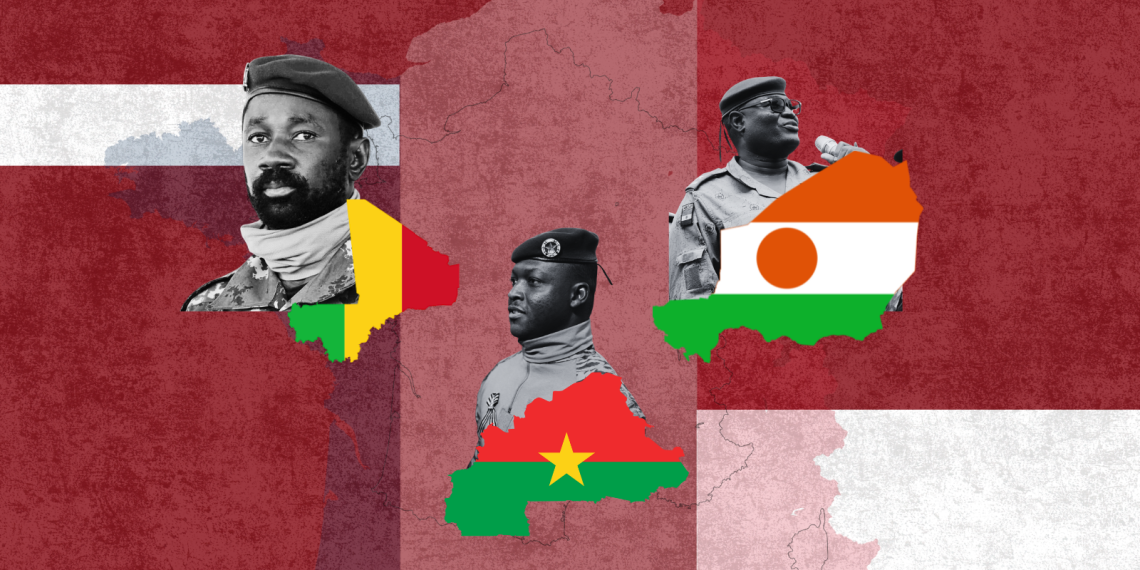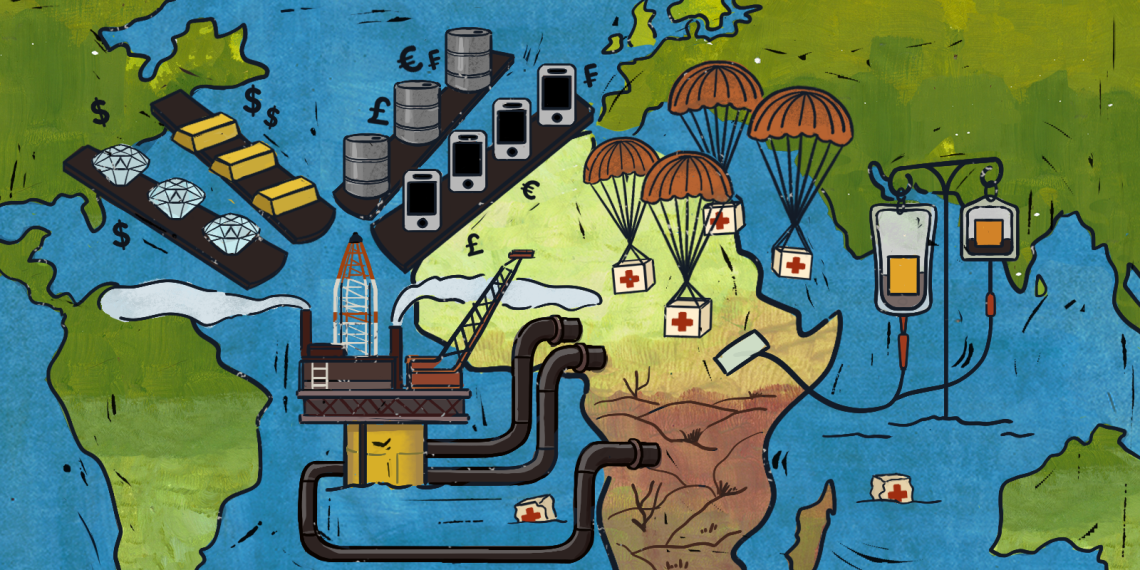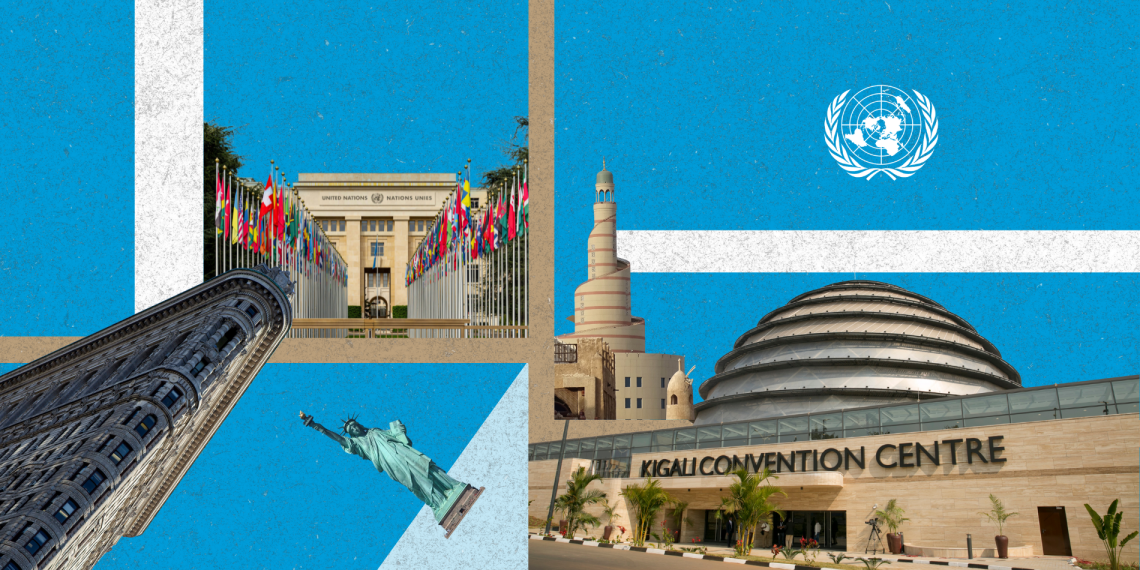International Affairs
Visa-Free Africa for Africans Rwanda Announces Visa-Free Entry for African Nationals
Rwanda joins three other African countries that allow visa-free entry for all African nationals. This development shows the, albeit slow, gradual advancement of the African Union’s vision of free movement on the continent. Read More...
Can Africa’s Coup Problem be solved? Why Africa’s Coups Appear Unending
The recurrence of military coups d’état in Africa is the result of the continent's clear structural fragilities and has no easy solutions. The fragilities may even culminate in a more generalized crisis that precipitates a more widespread coup contagion. Read More...
A New Beginning in Niger or a Worsening Situation? The Impact of the Niger Coup on the Western Sahel
The coup d’etat in Niger has been touted as the end of neo-colonialism in the country. But how does this military takeover adversely affect local and regional security? Read More...
Liberia’s Legacy of Liberty Liberia’s Elections Inspire Hope Amidst Africa’s Political Crisis
20 years after the end of Liberia’s Second Civil War, citizens head to the polls for their fourth democratic election since the tragedy. The election represents the possibility of electoral peace as Africa currently grapples with political instability amidst military coups. Read More...
The Three Horsemen of the African Union Can the AU Chart a New Path after 60 years?
The African Union is a critical institution that represents the interests of Africans on the global stage. Originally the Organization of African Unity, the institution was a beacon of African progress through the sixties amidst independence struggles but unfortunately, it also faced many structural challenges that affected its effectiveness as an instrument of African unity. Read More...
Free Palestine 4 Things To Know About Palestine's Struggle for Freedom
As a region that has experienced genocides, apartheid, occupation and exploitation, Africans have a historical and moral obligation to affirm Palestine’s rights to freedom and self-determination.
Here are four things to know about Palestine’s struggle for freedom. Read More...
The Popularity Contest of War How African States Have Responded to the Israel-Hamas War
Across Africa, official reactions to the Israel-Hamas war have been mixed. For countries that have taken sides, their positions are based on their relationship with Israel and Palestine, as well as their own unique histories. Read More...
The African Union’s Most Elusive Dream Sudan, Somalia and the AU’s Unending Challenge of Internal Wars
The transformation from the OAU to the AU meant accepting that the challenges Africa faced had changed from those faced during the decolonization era. Among the new challenges, the most perverse were internal wars. The AU attempted to invest heavily in mechanisms that would ‘silence the guns’ on the continent. In Sudan and Somalia, it seems that silencing the guns has remained an elusive dream. Read More...
Nigerians Not Wanted Why Seychelles’ Ban on Nigerian Travellers Is a Failure on Both Sides
Beyond being excessive, Seychelles’ recent ban on Nigerian passports highlights the weaknesses in Nigeria’s foreign diplomacy and the inconsistencies in Africa’s supposed vision of continent-wide integration. Read More...
Habibi, Come to Dubai? Lifting Nigeria’s Visa Ban Won’t Fix the Country’s Reputation
The Nigerian government announced the lifting of the year-long visa ban barring Nigerians from entering the UAE following a meeting between President Bola Tinubu of Nigeria and the President of the United Arab Emirates, Mohamed bin Zayed Al Nahyan. There is however controversy as this has not been confirmed by the UAE yet. Read More...
















